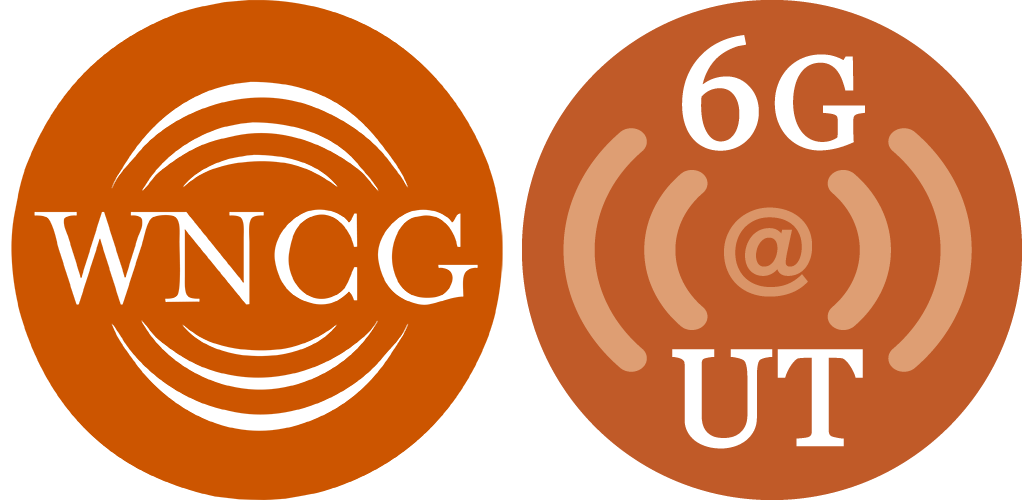Past Events
Event Status
Scheduled
Oct. 22, 2010, All Day
Abstract Consider the setting of (adversarial) online convex optimization: an adversary and a learner (or optimizer) interact in a game with T rounds. At round t, the learner has to choose a point x_t, the adversary then responds with a convex function f_t and the learner suffers f_t(x_t). The goal of the learner is to minimize its regret: a quantity that measures the "displeasure" or regret the learner feels, in hindsight, because of not knowing the future and thus behaving sub-optimally.
Event Status
Scheduled
Oct. 8, 2010, All Day
Abstract Cellular networks are usually modeled by placing the base stations on a grid, with mobile users either randomly scattered or placed deterministically. These models have been used extensively but suffer from being both highly idealized and not very tractable, so complex system-level simulations are used to evaluate coverage/outage probability and rate. More tractable models have long been desirable. We develop new general models for multi-cell SINR using stochastic geometry.
Event Status
Scheduled
Sept. 24, 2010, All Day
Abstract:
We consider a sequential decision problem where at each time step the decision maker has to choose how to distribute the future loss between k alternatives, and then observes the loss of each alternative. Motivated by load balancing and job scheduling, we consider a global cost function (over the losses incurred by each alternative), rather than a summation of the instantaneous losses as done traditionally in online learning. Such global cost functions include the makespan (the maximum over the alternatives) and the $L_d$ norm (over the alternatives).
Event Status
Scheduled
Sept. 17, 2010, All Day
Over the past few years there has been a rapidly growing interest in analysis, design and optimization of various types of collective behaviors in networked dynamic systems. Collective phenomena (such as flocking, schooling, rendezvous, synchronization, and agreement) have been studied in a diverse set of disciplines, ranging from computer graphics and statistical physics to distributed computation, and from robotics and control theory to social sciences and economics.
Event Status
Scheduled
Sept. 10, 2010, All Day
Abstract:
Event Status
Scheduled
May 6, 2010, All Day
Abstract:
Wireless protocol design today is based on a simple model of howwireless channel behaves. This model does not capture the temporal andspatial correlations of packet reception that wireless linksexperience in reality. Unfortunately, moving beyond this model hasbeen difficult due to the lack of good ways to quantify wireless linkcomplexities.
Event Status
Scheduled
April 30, 2010, All Day
Following Shannon's landmark paper, classical theoretical framework forcommunication is based on a simplifying assumption that all information isequally important and aims to provide a uniform protection to allinformation. However, this homogeneous view of information is not suitablefor a variety of modern-day communication scenarios such as wireless andsensor networks, video transmission, interactive systems, and controlapplications.
Event Status
Scheduled
April 29, 2010, All Day
Abstract:
Event Status
Scheduled
April 23, 2010, All Day
Abstract:
Event Status
Scheduled
April 16, 2010, All Day
Abstract:
Flexibility and efficiency will be key design requirements for future communications transceivers. Systems must be reconfigurable and adaptable in order to minimize power and maximize throughput as environmental conditions and user requirements change. This lecture will present digital baseband architectures and design techniques to achieve these goals for several types of wireless communications systems, including multiple-carrier (OFDM), multiple-antenna (MIMO) and multiple-algorithm (SDR) systems.

